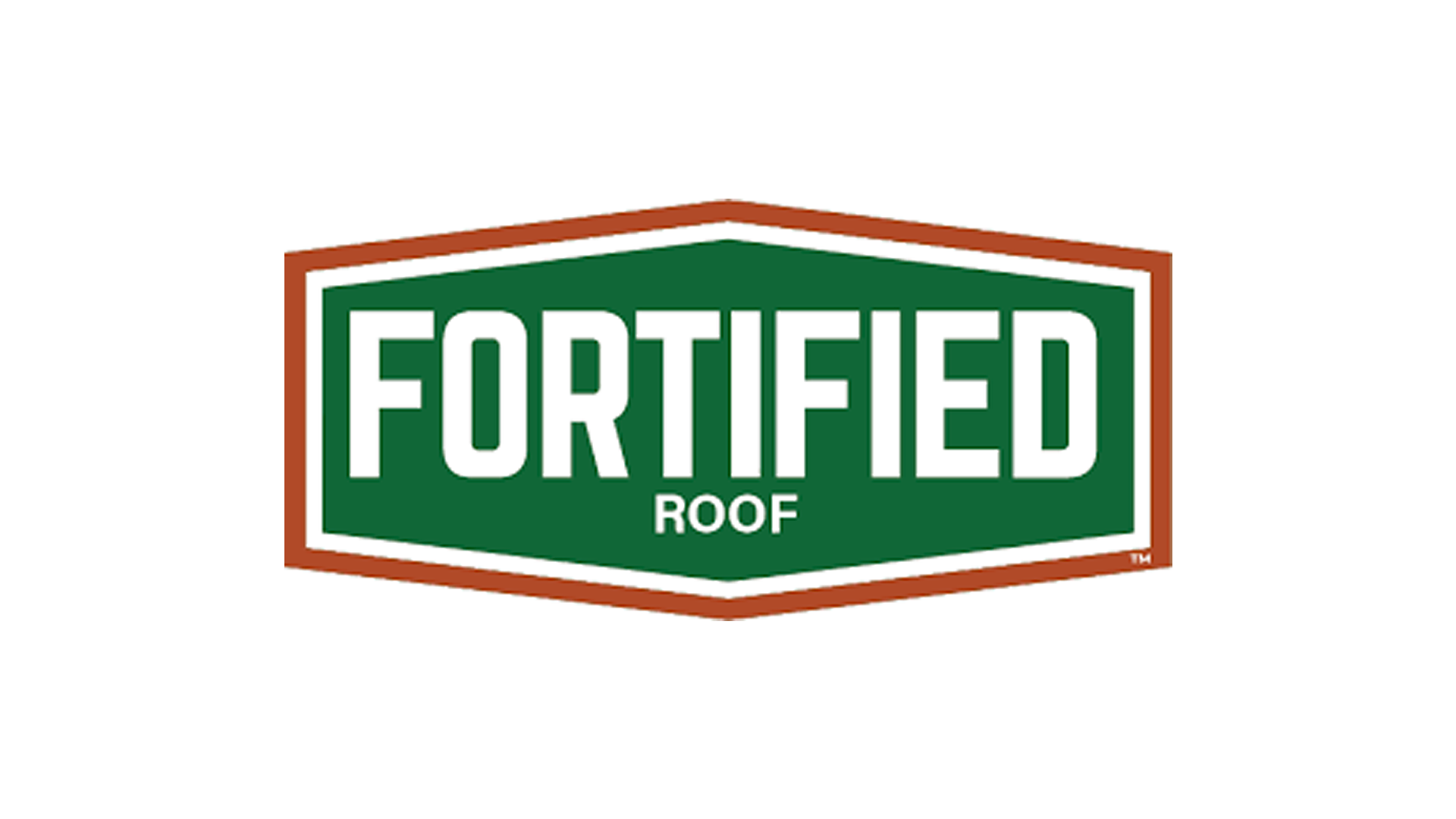November 5, 2025
Choosing the right roofing contractors can be a daunting task. The roof is a critical component of your house, and its repair or replacement requires expertise, credibility, and trust. This guide provides detailed insights into selecting the most suitable roofing contractors for your needs. A well-chosen contractor ensures the longevity and quality of your roof, saving you from potential headaches and additional costs. Here, we'll explore the steps to make an informed and confident decision.
Evaluate Qualifications and Experience
The number of years a contractor has been in business is a strong indicator of their reliability and expertise. A long-standing business often reflects the contractor's ability to successfully complete projects and maintain customer satisfaction. During the selection process, inquire about their years of practice and review any long-term client relationships. Consistency in delivering quality services over time builds a contractor's reputation and ensures they have handled various challenges successfully. Evaluating their duration in business helps instill confidence in their capability to handle your roofing needs efficiently.
Specialized experience in roofing is essential for ensuring that a contractor can address the specific needs of your project. Roofing contractors with expertise in certain roofing materials or styles can provide valuable insights into the best materials or designs for your home. Verify if they have handled projects that match your requirements, such as installing green roofs or using specific materials like slate or metal. Specialized knowledge also minimizes errors and shortcuts that could compromise the roof's integrity. A contractor with specialized experience can provide tailored solutions to ensure the longevity and aesthetics of your roof.
Confirm Warranty Essentials
Warranties are vital in securing the longevity and performance of your roofing system. There are typically two types of warranties: manufacturer and workmanship warranties. A manufacturer warranty covers defects in roofing materials, while a workmanship warranty ensures quality installation by the contractor. It is important to understand the terms, coverage duration, and conditions that can void warranties. Knowing these details helps protect your roof and ensures you receive necessary repairs or replacements if issues arise.
Compliance with manufacturer's warranty guidelines is essential to protect your roof investment. Adhering to installation instructions and maintenance requirements is crucial for claiming warranty benefits. An experienced contractor understands these stipulations and follows them to avoid voiding the warranty. Confirm that the contractor is certified by the manufacturer, as this qualification often stipulates proper installation practices. By ensuring compliance, you safeguard your roofing system against material defects and installation errors, upholding the roof's structural integrity.
Analyze Contract Details
Contracts are critical documents that outline the scope and terms of a roofing project. Before signing, thoroughly read through the fine print to understand all conditions and responsibilities. Pay close attention to details such as project start and completion dates, materials lists, and specific services offered. Contracts should also include contingencies for unforeseen issues or additional costs that may arise. A well-detailed contract serves as a reference for both parties to maintain transparency and resolve disputes effectively, protecting the interests of both the homeowner and contractor.
Payment terms and schedules are important aspects of a roofing contract that demand clarity and agreement. Discuss and document the payment structure, including deposit amounts, installment deadlines, and final payment after project completion. Be cautious of roofing contractors requiring full payment upfront, as this is uncommon and may signal potential issues. Properly structured payment terms incentivize contractors to adhere to project timelines and maintain quality.
Establishing a clear project timeline and completion date is crucial for managing expectations and coordination. Discuss potential weather-related delays and agree on a realistic schedule to address such uncertainties. Confirm the contractor's approach to maintaining progress during challenging circumstances and the implications of delays on costs or project quality. A definitive timeline aids in planning around the roof construction and minimizes disruption to daily life.
Understand Cost Estimates
Obtaining detailed written estimates is fundamental for understanding a roofing project's financial scope. Contractors should provide comprehensive quotes detailing material costs, labor, and any additional fees. Avoid accepting verbal estimates or generalized quotes lacking itemized breakdowns, as they can lead to misunderstandings or unexpected charges. Written estimates enable clear comparison across roofing contractors, ensuring you understand what is included and excluded in each offer. This clarity helps in making informed decisions and budgeting accurately for your roofing project without encountering surprise expenses.
Understanding material costs is crucial for evaluating roofing project expenses. Ask roofing contractors to provide itemized lists of materials, including brand names, types, and quantities required. This information allows you to research and verify material quality and pricing independently. It's important to balance material costs with quality to ensure you receive a long-lasting roof without exceeding your budget. According to This Old House, 63% of homeowners saved at least four hours in gutter maintenance a year with gutter guards, illustrating the importance of choosing efficient materials. Accurately assessing material costs guides informed decisions in achieving durable and cost-effective roofing solutions.
Labor charges form a significant portion of roofing project costs, emphasizing the need for careful evaluation. Ensure compensation aligns with industry standards to prevent overpayment or underpayment that could compromise project quality. Labor estimates should reflect the complexity of the project, crew size, and expected completion time. Transparent labor costs contribute to budget planning and minimize the risk of unexpected financial strain mid-project. By examining labor charges thoroughly, homeowners protect their investments while ensuring skilled labor contributes to roof integrity.
Finalize the Selection Process
Conducting a final interview is a pivotal step in finalizing your contractor choice. This interaction allows you to address any lingering questions and assess the contractor's communication skills and professionalism. Discuss past project challenges and how they were managed, reinforcing trust in the contractor's problem-solving abilities. The interview also provides an opportunity to clarify any contract details and ensure alignment on project expectations. Making a decision after a thorough interview confirms compatibility and sets the stage for a successful collaboration.
Securing a written agreement is indispensable in safeguarding against disputes and miscommunications. The contract should outline the project scope, time frame, costs, and warranties in detail. This document also serves as legal protection, affirming that both parties have mutually agreed upon the project terms. Monitoring adherence to the agreement ensures any deviations are addressed and resolved promptly. A comprehensive written contract establishes accountability and confidence, fostering a secure and cooperative working relationship between the homeowner and contractor.
Building a professional rapport with your chosen contractor influences the project's smooth progression and success. Open communication enables the contractor to gain insights into your expectations and address any concerns effectively. Establishing respect and trust fosters cooperation and a motivated team working towards common goals. Regular interactions throughout the project concrete the relationship, facilitating constructive feedback and adjustments when necessary. A strong professional rapport enhances mutual engagement, ensuring the roofing project is completed to satisfaction.
Choosing the right roofing contractor involves careful research, evaluation, and understanding of your specific needs and preferences. By following the structured approach outlined in this guide, homeowners can make an informed decision, ensuring their roofing project is handled professionally and to the highest standards of quality. A reliable contractor safeguards your investment while delivering durable roofing solutions, protecting your home's integrity for years to come. If you need roofing solutions from roofing contractors you can rely on, contact Rooftop Solutions, LLC.









